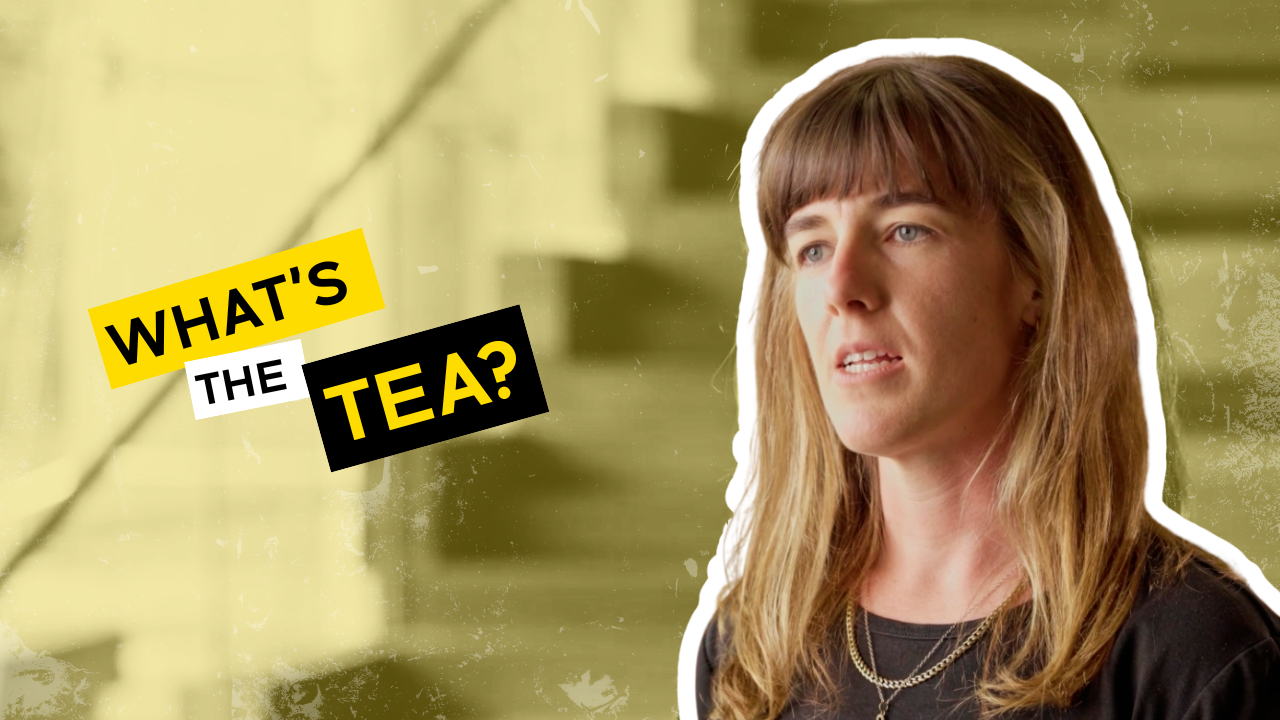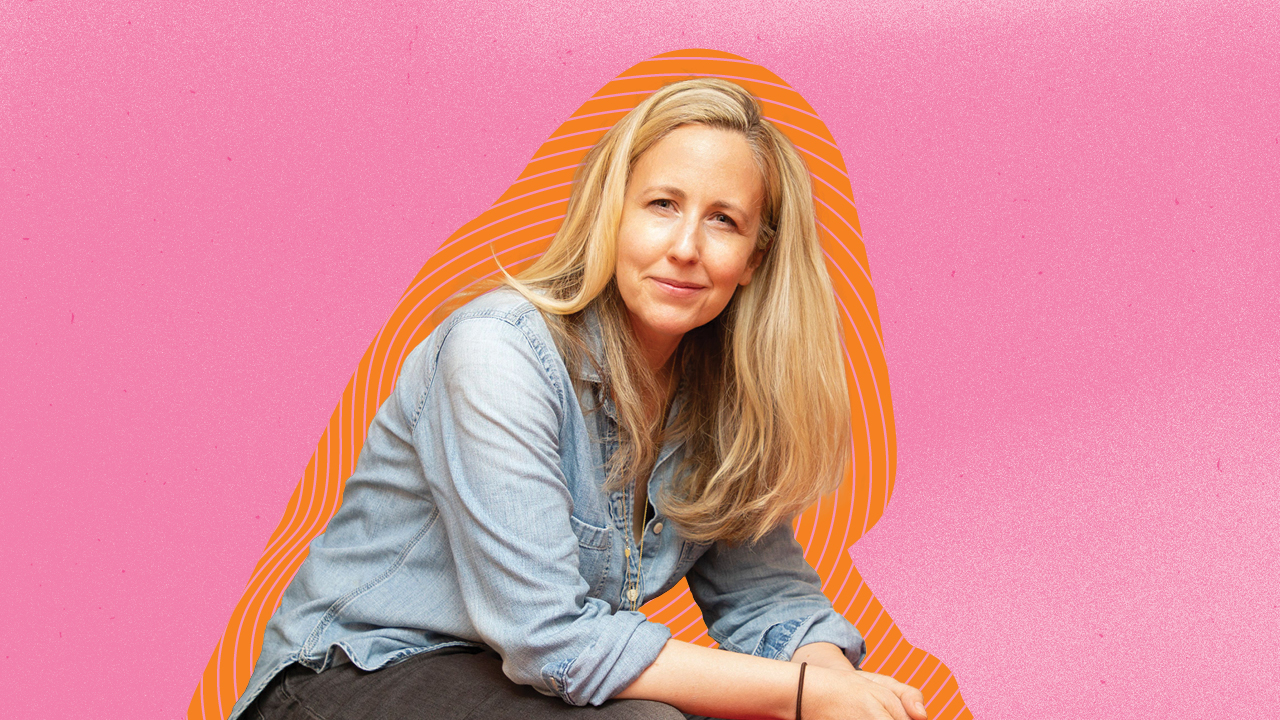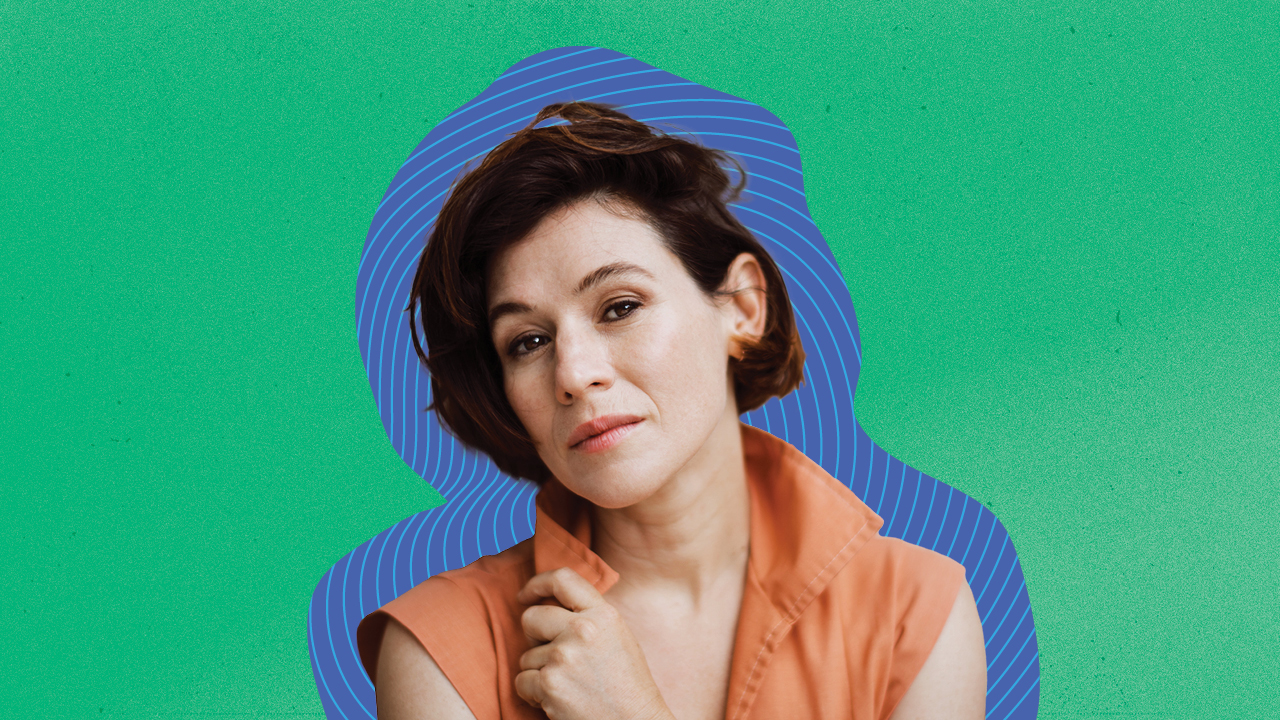LIVESTREAM Life Among the Stars

DIGITAL EVENT – LIVESTREAM
This livestream will be available on the UNSW Centre for Ideas website, Facebook and YouTube.
Can't tune in to the livestream? Register to receive the on demand recording.
2020 EINSTEIN LECTURE
Less than two decades ago, wondering whether other stars really did host planets was a matter for science fiction writers rather than scientists. Today, we’ve gone from complete ignorance, to a treasure trove of ‘exoplanets’– different sized planets that orbit around other stars – thanks to innovation, persistence, and meticulous measurement. But what does this mean for the search for life beyond Earth? Adding this diversity of exoplanets spread across our galaxy, to the planets and moons in our very own solar system, only makes the search for alien life more complicated.
To find out where we should look for life, we need to ask whether a planet or moon is habitable and if it has the conditions necessary to get life started. Although we can (mostly) answer the first question, the second is harder to determine. Not only would we need to delve into a distant planet’s past, but also settle the hotly contested debate on the origin of life here on Earth? Did life on Earth start in deep sea vents as previously thought or in hot springs on land as more recent evidence seems to show?
Join us to hear from exoplanet expert Chris Tinney and origin of life researcher Martin Van Kranendonk as they share the latest findings on these fascinating questions.
Presented by the UNSW Centre for Ideas and the Australian Institute of Physics. Supported by UNSW Science. This event is part of the UNSW x National Science Week program – head here to see the full program.
TICKETS
ABOUT DIGITAL EVENTS
This livestream will be available on the UNSW Centre for Ideas website, Facebook and YouTube.
A link to watch the livestream will be sent on the event day to registered attendees.
ABOUT THE EINSTEIN LECTURE
The Einstein Lecture is an annual public event co-presented by the NSW Branch of The Australian Institute of Physics and the UNSW Centre for Ideas. Distinguished speakers have covered a wide range of topics with an emphasis on Einstein’s ideas and their consequences for physics and technology today. Topics have ranged from quantum computing to plasma physics and on to astrophysics. The lecture engages audiences with the wonders of physics, and highlights the recent advances from world experts.
CONTACT
For event enquiries or to discuss your access requirements, please call the Centre for Ideas on 0407 296 429 or email centreforideas@unsw.edu.au.
The Centre for Ideas is happy to receive phone calls via the National Relay Service. TTY users, phone 133 677, then ask for 0407 296 429. Speak and Listen users, phone 1300 555 727 then ask for 0407 296 429. Internet relay users, visit relayservice.gov.au, then ask for 0407 296 429.

Chris Tinney
Chris Tinney is a Professor of Astronomy at UNSW Sydney. Born in Australia and raised in Sydney, he moved to Pasadena, California, to do his PhD in Astronomy at Caltech in 1987. After a brief stint in Munich, Germany, he returned to Australia to work for 12 years at the Anglo-Australian Observatory, before moving to UNSW in 2007 to found Australia’s first research group focussed on the planets of other stars. His Exoplanetary Science at UNSW group has been involved in the discovery of over 50 exoplanets to date, and is actively engaged in pursuing studies of new, and potentially habitable planets, being discovered now by NASA’s TESS mission using his 5.4 million Veloce facility at the Anglo-Australian Telescope.

Martin Van Kranendonk
Martin Van Kranendonk is a Professor of Geology and Astrobiology at UNSW Sydney, and is the Director of the Australian Centre for Astrobiology and the Big Questions Institute. Born and trained in Canada, Martin moved to Australia in 1992 to follow his passion for ancient geology, and joined UNSW in 2012. His team investigates the earliest signs of life on Earth, and the environments it inhabited more than three billion years ago. This research is used by NASA and the European Space Agency in the search for life on Mars, and for understanding the origin of life on Earth. Martin has appeared on numerous television documentaries and films around the world and is passionate about engaging people of all ages with the big questions of science.

Katrin Meissner (Chairperson)
Katrin Juliane Meissner is a Professor of Climate Science at UNSW Sydney, and the Director of the Climate Change Research Centre. Born in Germany, she completed her undergraduate degrees in engineering and physics in France and was awarded a PhD in Germany in 1999. She then moved to Canada, where she worked as an Assistant Professor at the University of Victoria. In 2009, she moved to UNSW Sydney. Meissner researches climate change, variability and transitions. Her team investigates abrupt climate change events in the Earth’ history, and thresholds and feedbacks in the climate system.

Graeme Melville (Introduction)
Dr Graeme Melville is in the astrophysics division of the School of Physics at UNSW Sydney, where he is conducting research on the atmospheres of Exoplanets, polarisation of stars, and nuclear physics. He has been past Chairman of the Australian Institute of Physics in NSW and previously was part of a Cancer Research Group at St George Hospital. He has completed research at Wollongong and Macquarie University’s Physics Departments and was one of the Assistant Directors at the Department of Defence. He has also taught science, mathematics and computers in NSW High Schools. Presently he is an ABC radio guest science speaker and was also a professional tennis player in the 1980s.



